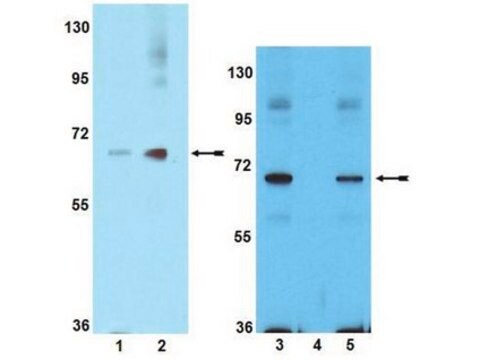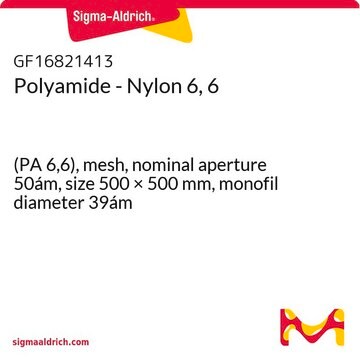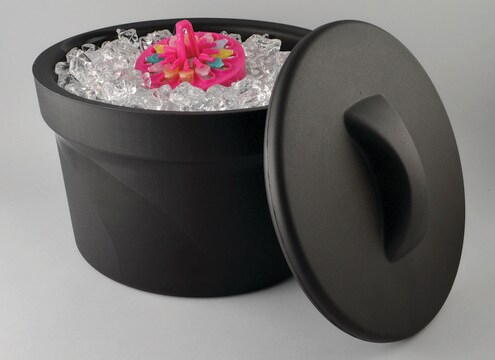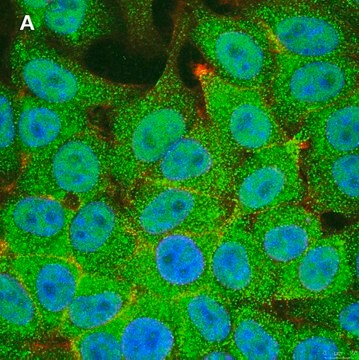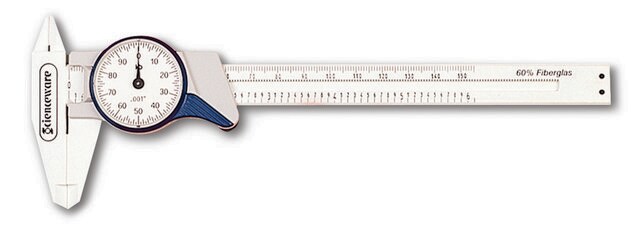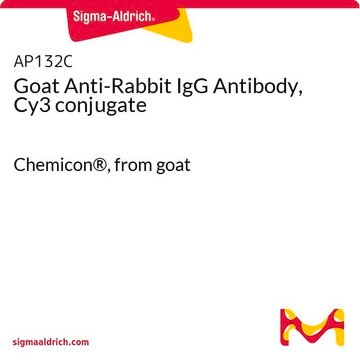F1672
Anti-Fibroblast Growth Factor-9 antibody, Mouse monoclonal
clone FG9-77, purified from hybridoma cell culture
Synonym(s):
Anti-FGF-9, Anti-GAF, Anti-HBFG-9, Anti-HBGF-9, Anti-SYNS3
About This Item
DB
ELISA (i)
WB
indirect ELISA: suitable
microarray: suitable
western blot: suitable
Recommended Products
biological source
mouse
Quality Level
conjugate
unconjugated
antibody form
purified immunoglobulin
antibody product type
primary antibodies
clone
FG9-77, monoclonal
form
buffered aqueous solution
mol wt
antigen 25 kDa
species reactivity
mouse, human
technique(s)
dot blot: 5 μg/mL using recombinant human FGF-9
indirect ELISA: suitable
microarray: suitable
western blot: suitable
isotype
IgG1
UniProt accession no.
shipped in
dry ice
storage temp.
−20°C
target post-translational modification
unmodified
Gene Information
human ... FGF9(2254)
mouse ... Fgf9(14180)
General description
Specificity
Immunogen
Application
Immunohistochemistry (1 paper)
Physical form
Disclaimer
Not finding the right product?
Try our Product Selector Tool.
Storage Class Code
10 - Combustible liquids
WGK
WGK 1
Flash Point(F)
Not applicable
Flash Point(C)
Not applicable
Regulatory Listings
Regulatory Listings are mainly provided for chemical products. Only limited information can be provided here for non-chemical products. No entry means none of the components are listed. It is the user’s obligation to ensure the safe and legal use of the product.
JAN Code
F1672-VAR:
F1672-.2ML:
F1672-BULK:
Choose from one of the most recent versions:
Certificates of Analysis (COA)
Don't see the Right Version?
If you require a particular version, you can look up a specific certificate by the Lot or Batch number.
Already Own This Product?
Find documentation for the products that you have recently purchased in the Document Library.
Our team of scientists has experience in all areas of research including Life Science, Material Science, Chemical Synthesis, Chromatography, Analytical and many others.
Contact Technical Service